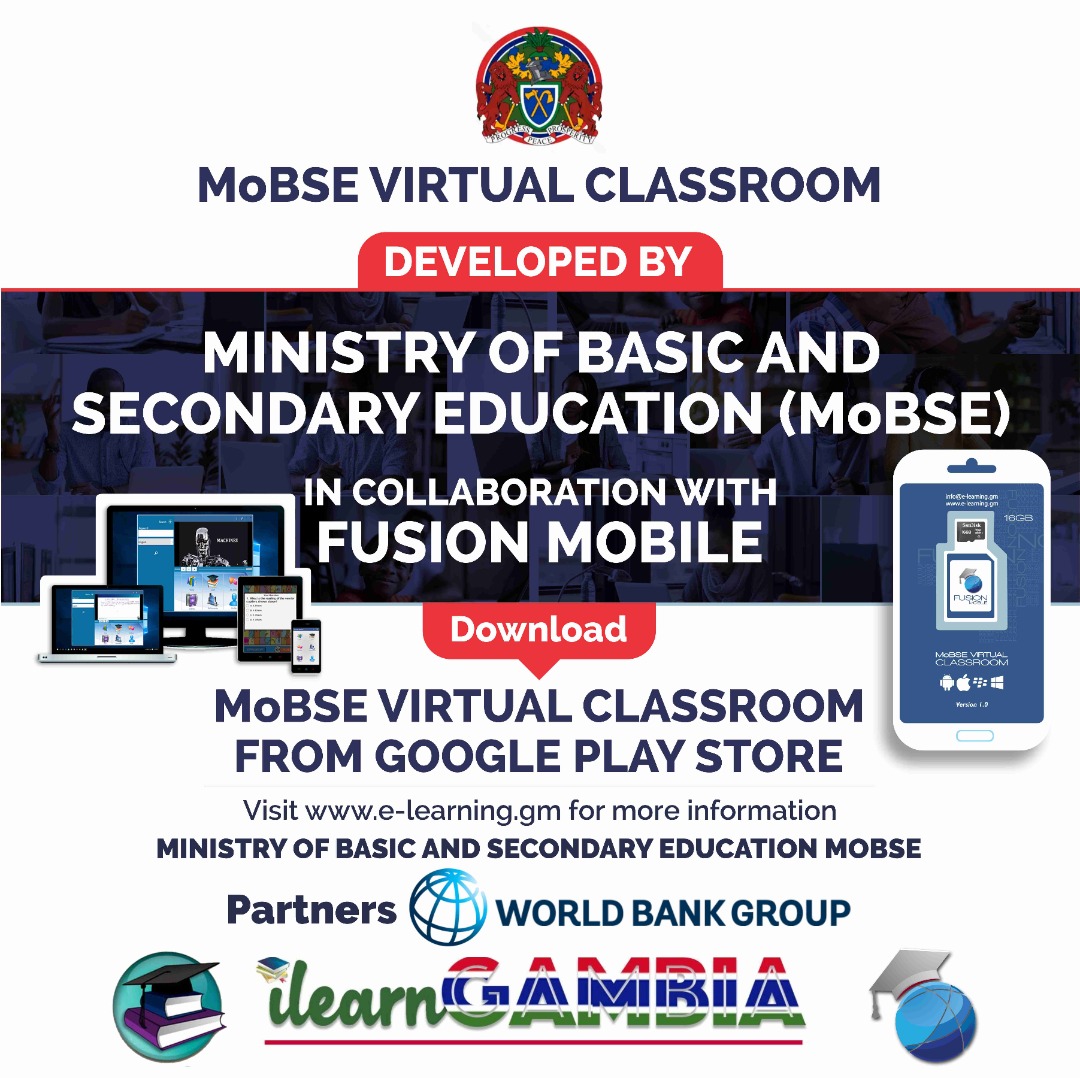Overview
Course Description
In this course, students will explore a wide range of subjects aimed at providing a well-rounded education. Each subject has specific objectives designed to enhance students' knowledge, skills, and critical thinking abilities.
Core Subjects
Mathematics
The objective of the Mathematics course is to develop students' problem-solving skills, logical reasoning, and quantitative abilities. Students will learn various mathematical concepts and their practical applications in daily life.
English Language
The goal of the English Language course is to improve students' communication skills, including reading, writing, listening, and speaking. Students will explore different genres of literature and enhance their vocabulary.
Biology
In Biology, students will study living organisms, their structures, functions, and interactions with the environment. The course aims to foster an appreciation for the natural world and develop scientific inquiry skills.
Chemistry
Chemistry focuses on the properties, composition, and changes of matter. Students will conduct experiments, analyze data, and understand the fundamental principles of chemical reactions.
Physics
The Physics course aims to explain the fundamental laws governing the universe, such as motion, energy, and forces. Students will engage in hands-on experiments to apply theoretical concepts.
Agricultural Science
Agricultural Science introduces students to the principles of crop cultivation, animal husbandry, and sustainable farming practices. The course promotes environmental awareness and food security.
Economics
Economics delves into the principles of resource allocation, market structures, and economic policies. Students will examine real-world scenarios and understand the complexities of the global economy.
Social and Environmental Science
Social and Environmental Science integrates social studies and environmental studies. Students will explore societal issues, sustainability, and civic responsibility.
General Science
General Science provides a holistic approach to scientific knowledge, combining elements of Physics, Chemistry, Biology, and Environmental Science. Students will engage with hands-on experiments and interdisciplinary concepts.
French Language
The French Language course introduces students to the French language and culture, focusing on vocabulary, grammar, and communication skills. Students will develop proficiency in speaking, listening, reading, and writing in French.
Arabic Language
Arabic Language offers students the opportunity to learn the Arabic language, including its script, phonetics, and syntax. Students will explore the rich cultural heritage associated with the Arabic language.
More Subjects
In addition to the core subjects mentioned above, students may have the opportunity to explore a variety of other subjects based on their interests and educational goals.
This comprehensive course aims to equip students with the knowledge, skills, and competencies necessary for success in Basic and Secondary Education, preparing them for academic excellence and lifelong learning.
What you'll learn
- 1. Academic Excellence One of the key goals of Grade 8 subjects is to promote academic excellence by providing students with a strong foundation in core subjects such as Mathematics, Science, Language Arts, and Social Studies. Through rigorous academics, students are challenged to think critically, problem-solve, and communicate effectively. 2. Critical Thinking Skills
- 2. Critical Thinking Skills Grade 8 subjects focus on developing students' critical thinking skills. By encouraging students to analyze information, evaluate arguments, and draw conclusions, these subjects enable students to become independent learners who can make informed decisions.
- 3. Creativity and Innovation Subjects offered in Grade 8 also aim to nurture creativity and innovation among students. By incorporating projects, experiments, and discussions into the curriculum, students are encouraged to think outside the box, explore new ideas, and express themselves creatively
- 4. Social and Emotional Development In addition to academic skills, Grade 8 subjects prioritize the social and emotional development of students. Through collaborative activities, group projects, and classroom discussions, students learn to work effectively in teams, communicate with peers, and develop empathy and understanding.
- 5. Preparation for Higher Education and Careers Lastly, subjects offered in Grade 8 prepare students for future academic and career success. By providing a well-rounded education that includes exposure to various subjects and disciplines, students are equipped with the necessary skills and knowledge to pursue higher education opportunities and thrive in their future careers. By understanding and embracing these five goals of subjects offered in Grade 8, students can maximize their learning potential, engage effectively with the curriculum, and prepare themselves for a successful academic journey.
Requirements
- Access to Grade 8 curriculum textbooks and supplementary reading materials
- Dedicated study time to engage with the lesson notes and practice activities
- Willingness to ask questions and seek clarification on challenging concepts
- A notebook or digital notepad to take notes and track progress
Course Content
47 Lectures
ENGLISH LANGUAGE
-
FIRST TERM PRONOUNS 1
-
FIRST TERM PRONOUNS 2
-
FIRST TERM ADVERB 1
-
FIRST TERM ADVERB 2
-
FIRST TERM ADJECTIVE 1
-
FIRST TERM ADJECTIVE 2
-
FIRST TERM CONCORD
-
FIRST TERM COMPREHENSION 1
-
FIRST TERM COMPREHENSION 2
-
FIRST TERM SEMI FORMAL LETTER
-
SECOND TERM COMPREHENSION 3
-
SECOND TERM COMPREHENSION 4
-
SECOND TERM CONJUNCTION
-
SECOND TERM INTERJECTION
-
SECOND TERM QUESTION TAG 1
-
SECOND TERM QUESTION TAG 2
-
THIRD TERM SENTENCE
-
THIRD TERM SENTENCES BY STRUCTURE
-
THIRD TERM LETTER WRITING FORMAL LETTER 1
-
THIRD TERM LETTER WRITING FORMAL LETTER 2
-
THIRD TERM SPEECH WRITING 1
-
THIRD TERM SPEECH WRITING 2
-
THIRD TERM ACTIVE AND PASIVE VOICE
-
THIRD TERM ARTICLE WRITING
-
THIRD TERM COLLOCATIONS
-
THIRD TERM REGISTERS
GENERAL MATHEMATICS
-
FIRST TERM ALGEBRAIC DISTRIBUTIVE PROPERTY EXPANSION
-
FIRST TERM CONSTRUCTION OF PARALLEL LINE
-
FIRST TERM CONSTRUCTION OF PERPENDICULAR LINES
-
FIRST TERM PROPERTIES OF PLANE SHAPES CIRCLE 1
-
FIRST TERM PROPERTIES OF PLANE SHAPES CIRCLE 2
-
FIRST TERM PROPERTIES OF PLANE SHAPES MAJOR AND MINO ARCS 3
-
SECOND TERM PROPERTIES OF PLANE SHAPES 1
-
SECOND TERM PROPERTIES OF PLANE SHAPES 2
-
SECOND TERM CONSTRUCTION OF SQUARE 1
-
SECOND TERM CONSTRUCTION OF SQUARE 2
-
SECOND TERM EXPRESSIONS AND EQUATIONS
-
SECOND TERM CONSTRUCTION OF A RECTANGLE
-
SECOND TERM CIRCLE
-
SECOND TERM FIND THE AREA WHEN RADIUS IS GIVEN
-
SECOND TERM LINES OF SYMMETRY
-
SECOND TERM ROTATIONAL SYMMETRY
-
SECOND TERM REVIEW OF GRAPHING
-
SECOND TERM PLOTING POINTS IN GRAPHING
-
THIRD TERM PERIMETER OF A CIRCLE
-
THIRD TERM RADIUS WHEN PERIMETER IS GIVEN
-
THIRD TERM DIAMETER WHEN A PERIMETER IS GIVEN
About the instructor
STED MoBSE The Gambia
iLearn Gambia
All lessons on this platform are developed by experienced teachers from various Basic and Secondary Schools under the Ministry of Basic and Secondary Education (MoBSE). Each lesson is carefully designed to support your learning needs and align with national curriculum standards.
We encourage you to enrol and share your feedback to help us continuously improve future lessons.
For further inquiries, please contact the Science and Technology Education Directorate (STED), Ministry of Basic and Secondary Education.
At the end of each lesson, learners should be able to demonstrate understanding and apply the concepts covered.

